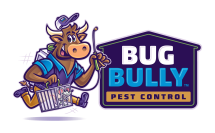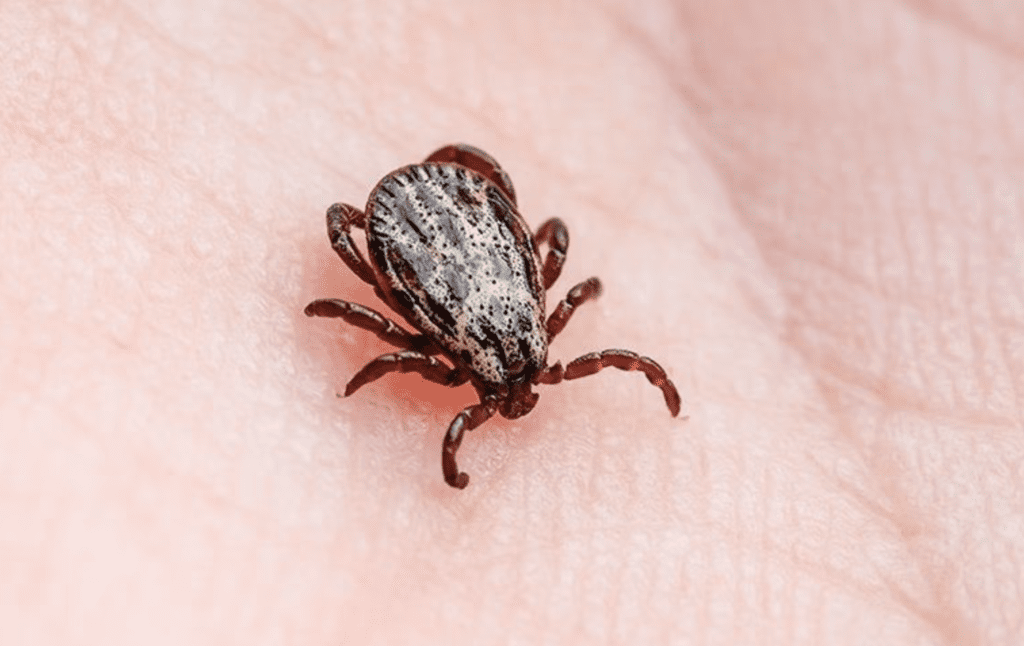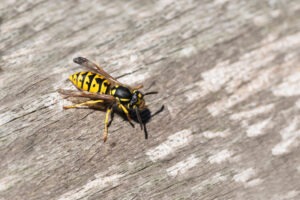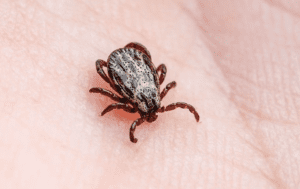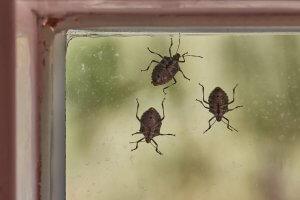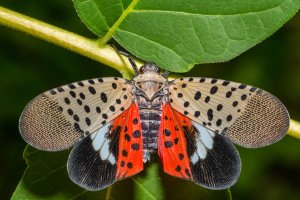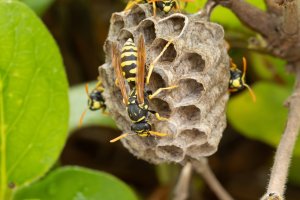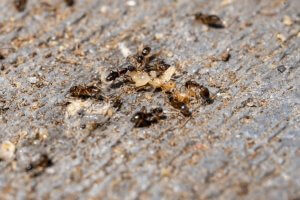Understanding Ticks: A Guide for Homeowners and Restaurant Owners in Central Massachusetts
Ticks are a growing concern for homeowners, apartment renters, and restaurant owners in Central Massachusetts, including Worcester, Framingham, Northborough, and Concord. These small parasites can pose health risks to both humans and pets, making it essential to understand their behavior, risks, and how to prevent infestations. At Bug Bully Rodent & Pest Control, we believe that knowledge is the first step toward effective pest management.
What Are Ticks and Why Are They a Concern?
Ticks are parasitic arachnids that feed on the blood of mammals, birds, and even reptiles. They are known carriers of diseases, including Lyme disease, anaplasmosis, and babesiosis, all of which can have serious health implications. Unlike mosquitoes that bite and move on, ticks attach themselves to their host for extended periods, increasing the likelihood of disease transmission.
These pests thrive in wooded areas, tall grasses, and leaf litter, making Central Massachusetts an ideal environment for their proliferation. Residential backyards, parks, and outdoor dining spaces in restaurants can all serve as habitats for ticks. Their presence is not just a nuisance but a legitimate health concern that requires proactive control measures.
Fun Facts About Ticks
- Ticks can detect their hosts by sensing body heat, breath, and even body odors.
- Some species of ticks can survive for months without a blood meal, making them incredibly resilient.
- A tick can drink up to 100 times its body weight in blood during a single feeding session.
- There are over 900 known species of ticks worldwide, though only a few pose a significant threat to humans and pets.
- Ticks do not jump or fly; instead, they climb to the tips of grass and bushes and wait for a host to brush against them in a behavior known as questing.
Where Do Ticks Come From?
Ticks are commonly found in outdoor environments where vegetation provides them with the cover and humidity they need to survive. They hitch rides on rodents, deer, and other wildlife that pass through residential and commercial properties. Once they are introduced into an area, they can establish a population if conditions are favorable.
Restaurants with outdoor seating areas, homes with expansive yards, and apartment complexes with green spaces can all become tick hotspots. Because ticks thrive in areas with dense vegetation, properties that are not well-maintained may face a higher risk of infestation.
How Do Ticks Affect Restaurants and Homes?
For homeowners, the presence of ticks can make outdoor activities, such as gardening and entertaining, stressful. Families with children and pets are especially vulnerable, as ticks can latch onto skin and fur undetected.
For restaurant owners, outdoor dining areas can become problematic if customers and staff are frequently exposed to tick bites. The presence of ticks can also deter patrons from enjoying their meals outside, ultimately impacting business. Ensuring that your property is properly treated and maintained is crucial for keeping these pests at bay.
How to Prevent Ticks on Your Property
The best way to reduce the risk of ticks is to eliminate the conditions that attract them. Regular lawn maintenance, such as mowing grass and trimming bushes, can help minimize their habitat. Removing leaf litter and keeping woodpiles neatly stacked in dry areas can also discourage ticks from settling in.
Installing barriers, such as gravel paths between wooded areas and frequently used spaces, can help reduce tick migration onto your property. For restaurant owners, keeping outdoor seating areas clear of overgrown vegetation can help prevent ticks from becoming an issue.
Answers to Common Questions About Ticks
1. Can Ticks Live Indoors?
While ticks prefer outdoor environments, some species can survive indoors if they find a suitable host. Once inside, they may hide in cracks, upholstery, or pet bedding. However, they generally do not reproduce indoors as effectively as they do in outdoor conditions.
2. How Can I Tell If I Have a Tick Infestation?
Unlike other pests, ticks do not form colonies, making it difficult to identify an infestation. If you frequently find ticks on yourself, your pets, or inside your home or restaurant, it may indicate a high population nearby. Professional tick & mosquito control services can assess the situation and provide targeted treatments.
3. What Should I Do If I Get Bitten by a Tick?
If you find a tick attached to your skin, remove it promptly using fine-tipped tweezers. Grasp the tick as close to the skin as possible and pull it out with steady, even pressure. Clean the area with soap and water and monitor for symptoms such as rash, fever, or joint pain, which could indicate Lyme disease. Seeking medical attention for any concerning symptoms is advisable.
4. Do Ticks Only Bite Humans?
Ticks are not picky when it comes to feeding. They target a variety of hosts, including pets, wildlife, and livestock. Pets that spend time outdoors can carry ticks inside, increasing the risk of exposure to humans. Regular tick prevention measures for pets, such as veterinarian-recommended treatments, can help minimize this risk.
5. How Can Professional Pest Control Help With Ticks?
A professional pest control service can provide targeted treatments to reduce tick populations on your property. At Bug Bully Rodent & Pest Control, we use environmentally responsible methods to treat tick-prone areas, helping to keep your home or business safe. Regular inspections and treatments are the most effective ways to maintain a tick-free environment.
The Connection Between Ticks and Other Pests
Ticks often coexist with other pests, such as rodents, which serve as hosts for immature ticks. If you are experiencing issues with rodents, it may contribute to an increased tick presence. Addressing a rodent infestation can help reduce tick populations naturally. As experts in carpenter ant control and carpenter ant extermination in Massachusetts, we often find that tick problems arise alongside other pest issues. A comprehensive approach to pest management can provide the best long-term results.
Why Choose Bug Bully Rodent & Pest Control?
At Bug Bully Rodent & Pest Control, we are committed to protecting homeowners, renters, and business owners from the dangers of tick infestations. Our experienced team understands the unique challenges of pest control in Central Massachusetts and provides customized solutions to address your specific needs. Whether you are dealing with ticks, carpenter ants, or other pests, we are here to help.
Ticks are more than just a minor annoyance; they pose real health risks that require proactive management. By taking the right precautions and seeking professional pest control services, you can enjoy your outdoor spaces with peace of mind. If you suspect a tick problem on your property, contact us today for an inspection and tailored treatment plan.
